
Health and environment are closely interlinked: what can we learn from the current COVID-19 crisis?
The current corona virus pandemic has touched the lives of almost everyone on the planet.
As long as the health emergency situation continues, we must strictly follow World Health Organisation (WHO) guidance and advice. Meanwhile, many countries have already started discussions on post-COVID-19 recovery measures to support people and economies.
Undoubtedly, we need to take time and draw lessons from the present situation to build our resilience and hopefully avoid future crises, or at least mitigate them as much as possible.
This pandemic has magnified the link between a healthy environment, including water systems, and human health.
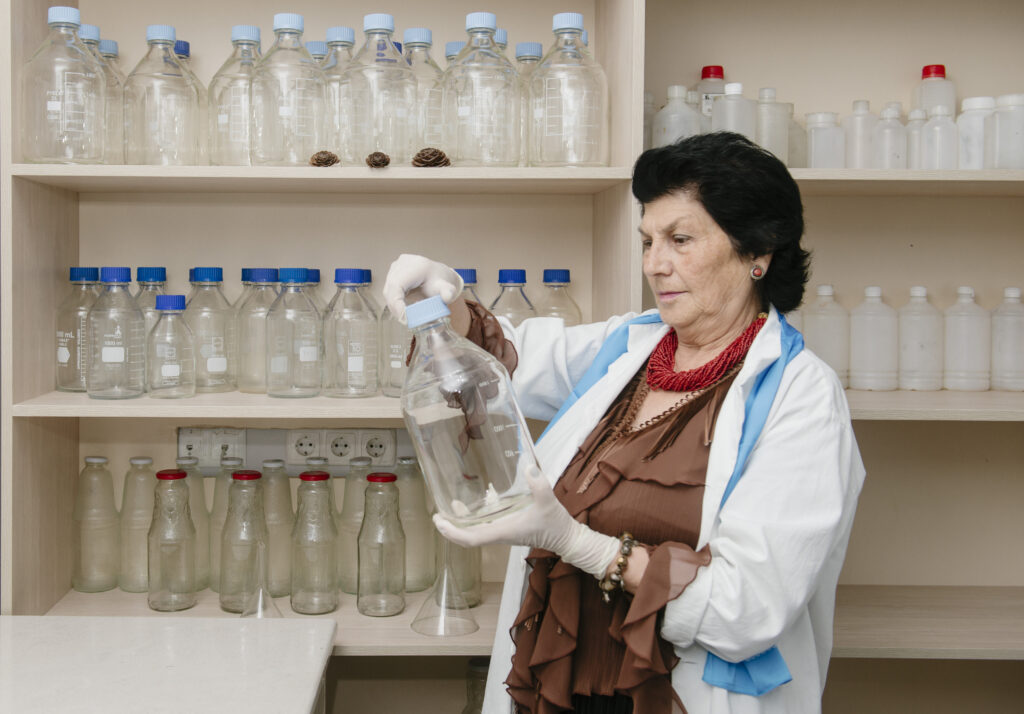 Water Inspection Laboratory of the National Environmental Agency of Georgia
Water Inspection Laboratory of the National Environmental Agency of Georgia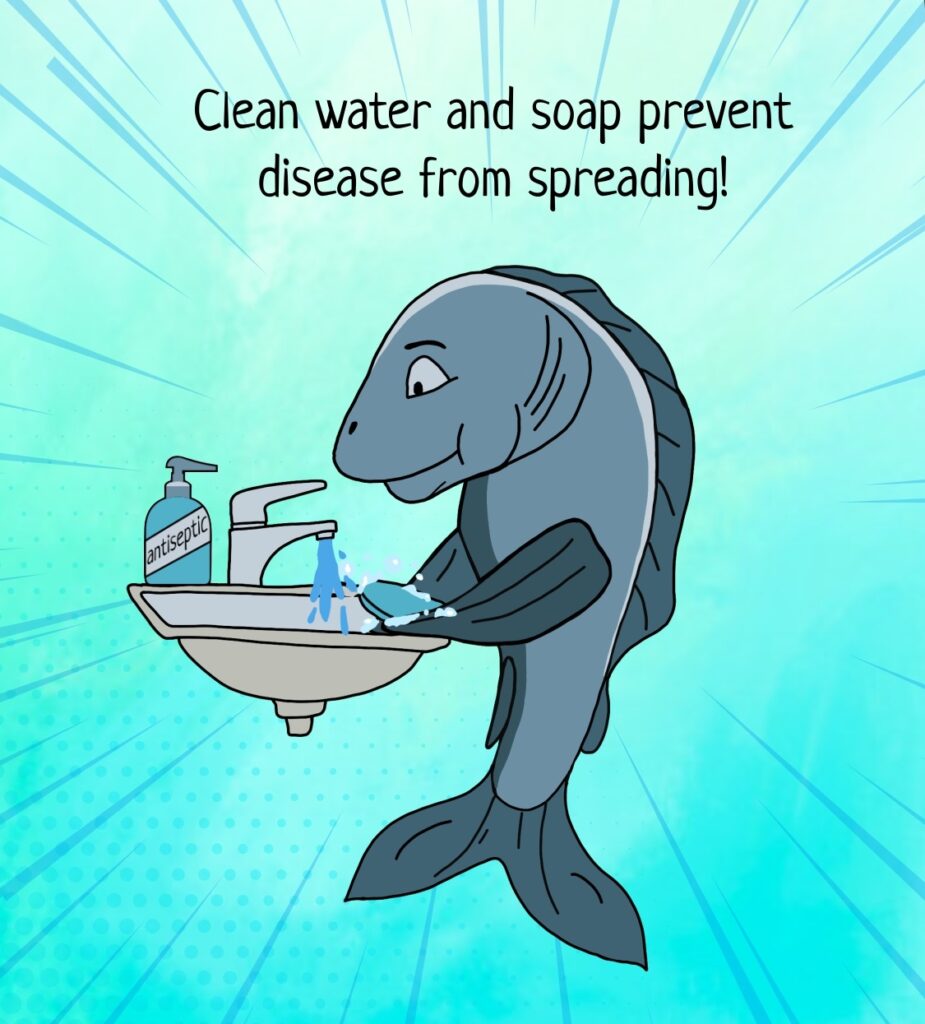 EUWI+ Facebook poster on COVID-19 prevention measures
EUWI+ Facebook poster on COVID-19 prevention measures
That is why the European Union’s global response to the pandemic has targeted water, with a €15.6 billion package to support research, health and water systems. The European Union stands by its Eastern Partners by securing a total of €962 million for the Eastern Partner countries.
The European Union Water Initiative Plus for the Eastern Partnership (EUWI+) is the EU’s biggest commitment to the water sector in the Eastern Partnership countries. The EU-funded project is assisting the six partner countries to approximate their legislation to the EU Water Framework Directive and develop long-term water policies and sustainable water management practices that safeguard the lives and health of millions of citizens in these countries.
Viable natural ecosystems – prerequisite of healthy people
Natural systems provide essential ecosystem services, such as oxygen, food supply and clean water. This is a well-known fact. What is less apparent is the provision of regulating and supporting services like stable and safe living conditions, habitat connectivity for biodiversity, climate resilience, water purification, regulation of diseases, pest control, regulation and mitigation of floods, etc., without which our survival and well-being would simply not be possible.
However, only healthy natural systems can perform and sustain these functions. Unfortunately, many ecosystems are already heavily disturbed or suffering from unsustainable human activities and overexploitation additionally exaggerated by climate change. There are strong links between ecosystem changes and the well-being of humans.
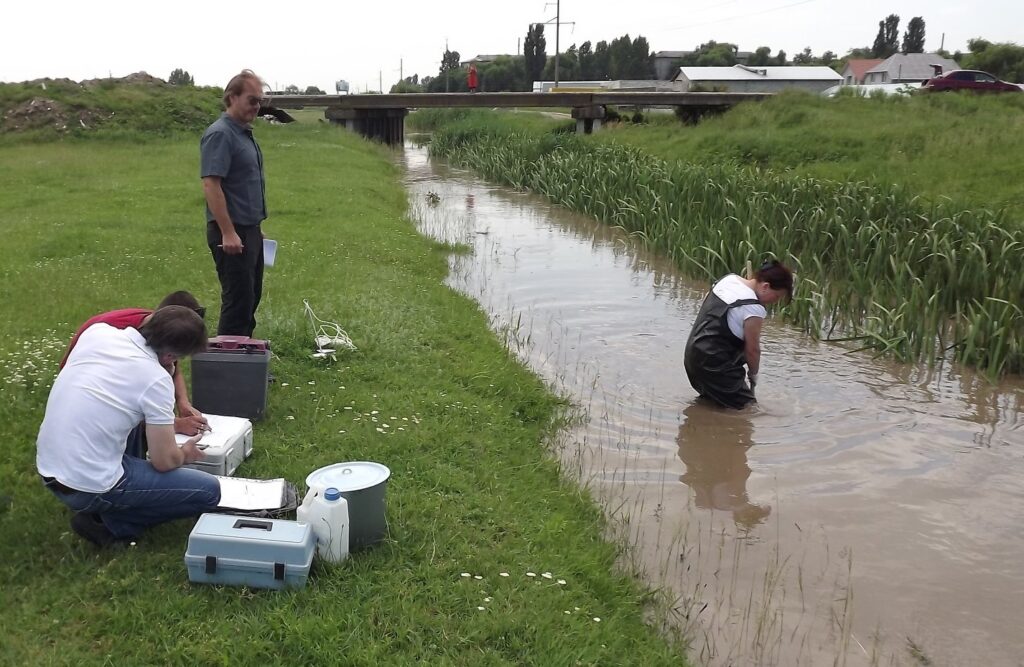 Surface Water field surveys in Moldova
Surface Water field surveys in Moldova
How does the European Union’s Water Initiative Plus help to protect water ecosystems? The project aims at developing a systemic approach to water management called integrated water management. This method works to strengthen the natural balance of water resources in light of diverse human uses and maintain and restore the natural water ecosystems. The project supports the six partner countries in developing and adapting new tools and concepts for integrated water management according to European standards.
Among the ground-breaking concepts in water management, River Basin Management Planning and ecological monitoring, promoted in the EU Water Framework directive, are crucial for integrating human activities into their natural ecosystems. Thanks to the European Union’s Water Initiative Plus, the six partner countries are developing their capacities to implement these water management tools, adapting them to their needs and local realities to ensure sustainable development that secures the health of people and the environment.
Access to safe drinking water – our security in times of crisis
Clean and safe water is an absolute necessity for humans. Without safe water, it is impossible to maintain health-supporting systems and basic hygiene measures to prevent and fight infectious diseases. But access to safe drinking water cannot be taken for granted in all parts of the European continent. It takes a strong legal and regulatory framework, as well as infrastructures, facilities, and human and financial resources to ensure access to a good water supply and sanitation system for everyone and make sure that it provides quality water.
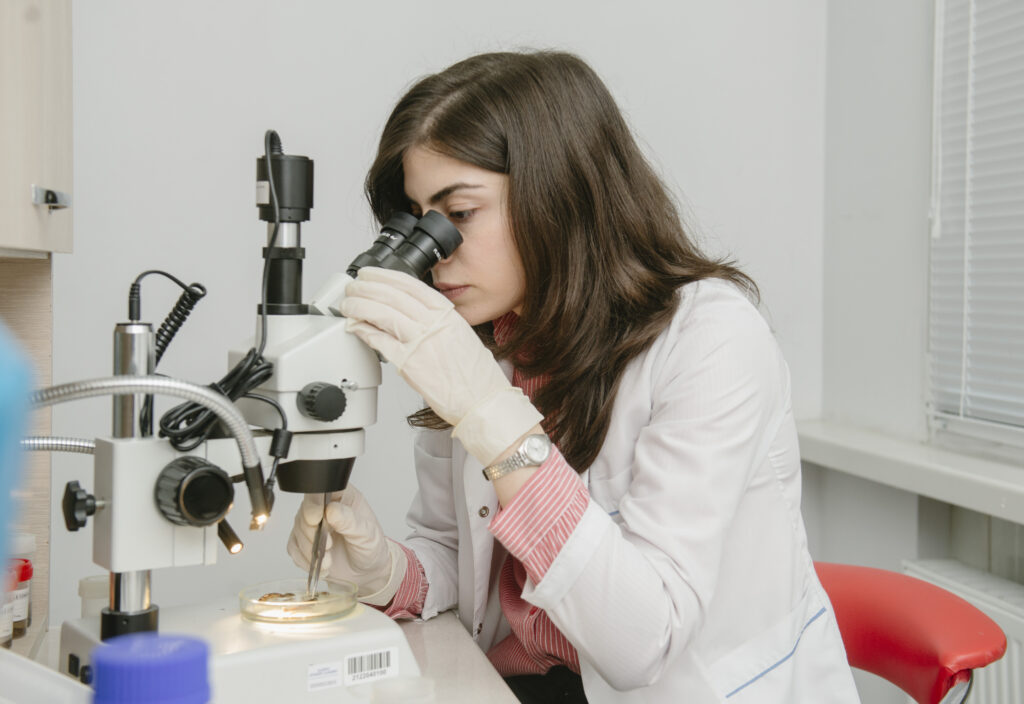 Water Inspection Laboratory of the National Environmental Agency of Georgia
Water Inspection Laboratory of the National Environmental Agency of Georgia
The European Union’s Water Initiative Plus has helped Armenia, Azerbaijan, Belarus, Republic of Moldova and Ukraine to set concrete national targets for drinking water access and sanitation through the mechanisms of the United Nation Water Convention and its Protocol on Water and Health.
Within the EU-funded project, these countries have reinforced their capacities for water monitoring and laboratory analyses in order to ensure reliable data on water quality. This involves the rehabilitation of water monitoring networks and support for the renovation of laboratories by providing modern equipment and training for personnel.
Time to reflect: what do we really value and prioritise?
A crisis of unprecedented scale requires time for reflection. We must do everything possible to prevent a future crisis and build a better future. We know that current systems have many flaws and that human activities have a negative impact on the natural world. Let’s take the time to reassess our values and prioritise what is really important in the post-COVID world.
Crucial links have already been established between well-managed water ecosystems and people’s health, which means that we should make health a priority when managing water. Adopting and strictly adhering to nature-based solutions as a guiding principle will be highly beneficial for economic recovery and future development. What’s more, the health sector needs to be involved in cross- and inter-sectoral dialogue to build and implement water management policies.
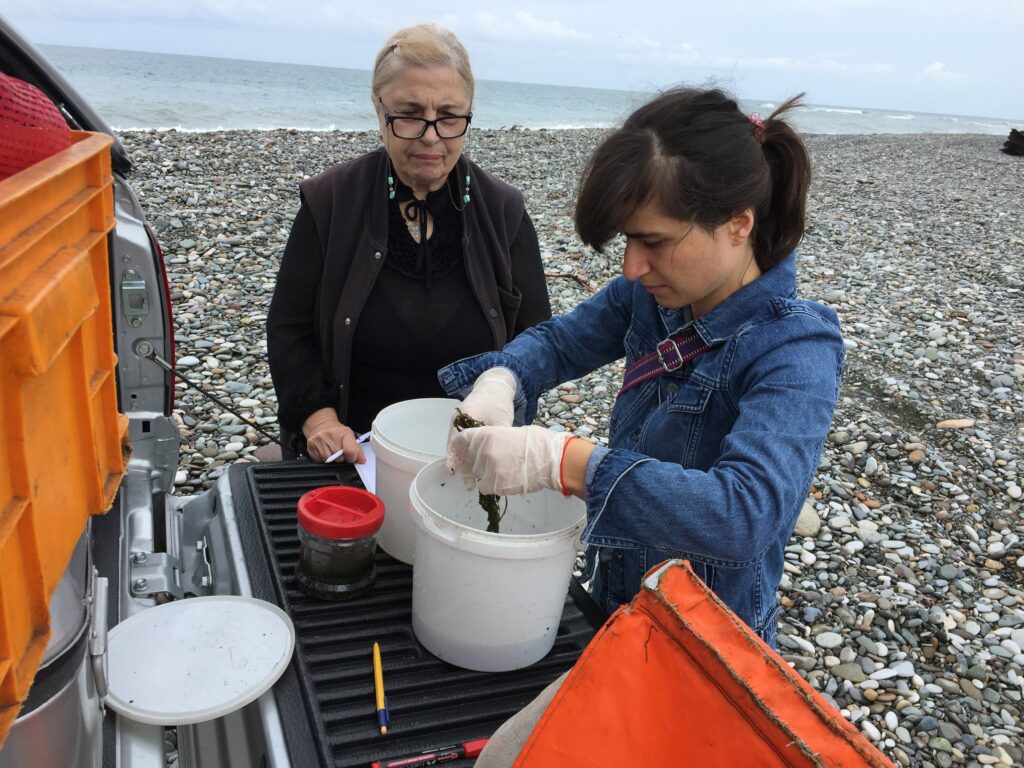 Transitional and coastal waters monitoring survey in Georgia
Transitional and coastal waters monitoring survey in Georgia
Investing in water pays off: first, it sustains the economic benefits of nature’s ecosystem services, protecting biodiversity and water ecosystems that can act as a natural buffer against the spread of viruses. Secondly, it makes water supply and treatment systems more resilient to crisis, such as the current COVID-19 pandemic, by enabling equitable access to safe freshwater for basic hygiene. Finally, good water management reduces the burden on the health sector: by improving water management practices, the transfer of hidden costs to the public health sector is minimised.
Many issues require further data collection, research and analysis. The unprecedented scale of the current challenge clearly demonstrates that we need to work together, collaborate more effectively, and remain committed to our goal of healthy people on a healthy planet.
MOST READ
SEE ALSO

‘The Kremlin has entered the chat’: how to protect your personal data on Telegram and avoid the bait of propaganda

No, time is not on Russia‘s side

Socks for Peace: how the Vilni project is supporting internally displaced women in Ukraine
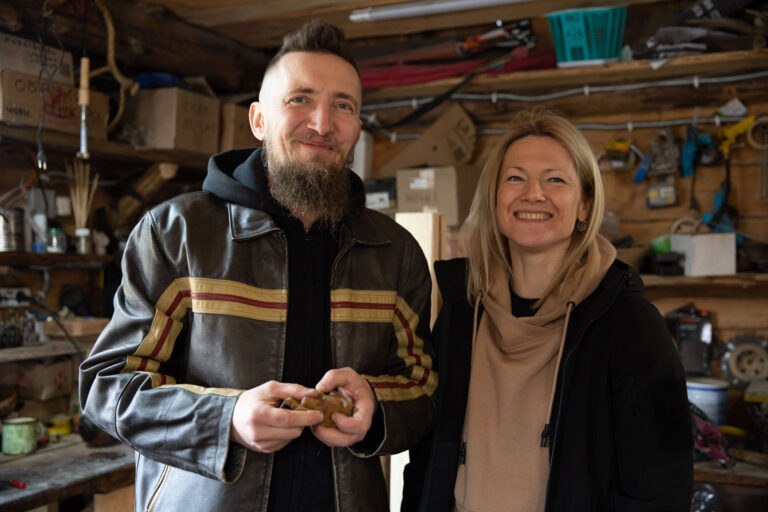
Celebrating traditional Ukrainian cultural identity in Rivne
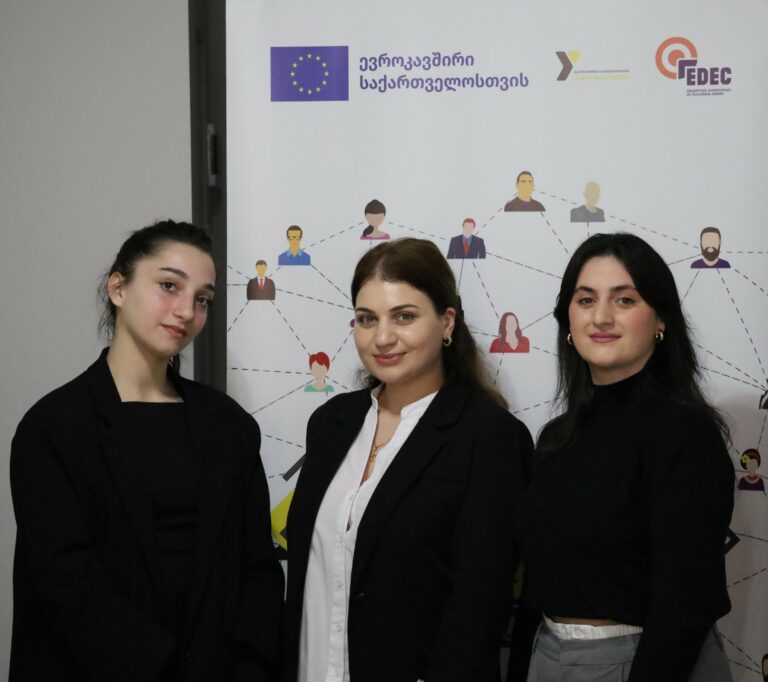
A hands-on approach to boost youth employment in Georgia
More campaign pages:
Interested in the latest news and opportunities?
This website is managed by the EU-funded Regional Communication Programme for the Eastern Neighbourhood ('EU NEIGHBOURS east’), which complements and supports the communication of the Delegations of the European Union in the Eastern partner countries, and works under the guidance of the European Commission’s Directorate-General for Neighbourhood Policy and Enlargement Negotiations, and the European External Action Service. EU NEIGHBOURS east is implemented by a GOPA PACE-led consortium. It is part of the larger Neighbourhood Communication Programme (2020-2024) for the EU's Eastern and Southern Neighbourhood, which also includes 'EU NEIGHBOURS south’ project that runs the EU Neighbours portal.

The information on this site is subject to a Disclaimer and Protection of personal data. © European Union,







